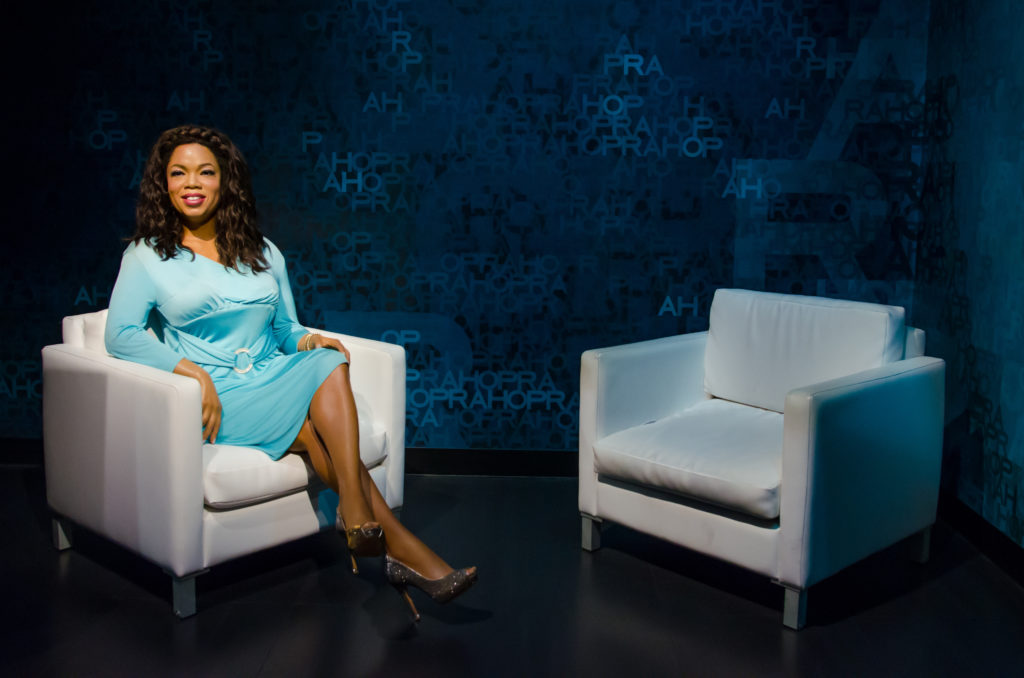
Whether you’re a “fan boy” or “girl” of Oprah’s or not, it’s hard to argue with her spectacular success for creating wonderful mass appeal content with a message. Oprah will go down as one of the great entertainers of all time, building a multi-media empire that has now spanned decades.
So, it should come as no surprise that Oprah is poised to dip her spiked heels into the podcasting waters. While she is not an early-adopter in the on-demand space, do not under-estimate her approach. Because every one of her ventures is well-planned and thought out. At this point, Oprah could simply put her name on just about anything and it would sell.
That’s not the way she rolls. And that’s why her foray into podcasting caught the attention of Inc contributor Sonia Thompson. She lists three Oprah action steps that have direct application to anyone excited about the podcasting opportunity. Radio people – pay particular attention to Oprah’s content marketing approach.
And as you’ve come to expect, I’ll add to Sonia’s list with a few Oprah ideas of my own:
1. Good content doesn’t have an expiration date – Oprah’s plan to incorporate a quarter century’s worth of old content in the podcast platform should have a ring of familiarity to great radio personalities and stations. This is what is known as “evergreen content,” and we’ve seen it work again in again, whether it’s NPR’s “TED Talks Radio Hour” or it’s Howard Stern repurposing audio and video content. As Thompson reminds us, “Good content is good content. No matter how old it is.”
We’re seeing this work again and again – on both broadcasting and podcasting platforms. NBC’s audio and podcast maven, Steve Lichtieg was one of our keynoters at last summer’s Podcast Movement conference. While he is proud of new, original podcasts from MSNBC stars like Rachel Maddow and Chris Hayes, he reminded the audience how the network posts audio from their regular lineup – a strategy that nets millions of downloads and corresponding revenue.
Before radio operators ask its personalities to launch original podcasts, creating a podcast vehicle for popular daily shows is a smart first step.
2. Good content doesn’t have to be perfect – Noting how Oprah’s podcasts will simply be audio versions of her old TV show, Thompson acknowledges the audio 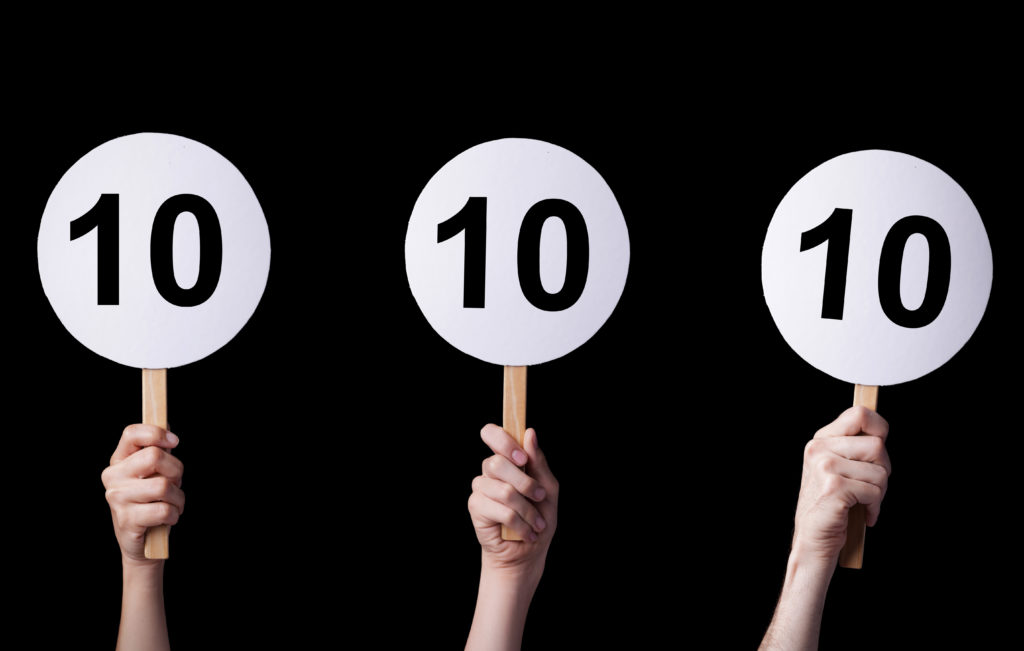 quality will be spotty. If you’re worked in television, you know the last thing anybody thinks about is audio. Her premise is that Oprah’s content will supercede most quality issues. And she may be right.
quality will be spotty. If you’re worked in television, you know the last thing anybody thinks about is audio. Her premise is that Oprah’s content will supercede most quality issues. And she may be right.
But now that we’re nearing the one million podcasts milestone, consumers will have the ability to get even pickier about the on-demand audio worthy of their time. Just a few year’s ago at Podcast Movement, I actually heard a number of so-called experts suggest that a high quality show connotes a level of slickness that doesn’t resonate with earthy podcasting fans. That’s proved to be nonsense as better produced podcasts are released with each passing week.
While perfect is the enemy of good, podcasts need to have audio standards so as not to distract consumers from enjoying the content. Investments in equipment, professional audio production tools, and staff will become even more important as this platform matures.
3. Good content deserves new audiences – A strong point from Thompson, and one that plays right into podcasting’s sweet spot. For too long, great radio shows have simply gone into the ether, never to be heard again (unless Art Vuolo captured them). Podcasts allow old fans to enjoy favorite shows again and again, while opening the tent to new generations of consumers on the lookout for great audio content.
Oprah’s podcasting strategy is also chocked full of lessons for would-be producers, especially those who wish to leverage their own celebrity to launch their own podcasting empire. She may be a bigger-than-life global personality, but like great radio hosts, her multi-media persona is made for podcasting. That said, her fame and fortune are no guarantees in the podcasting space.
Consider these “extra” lessons:
4. Content marketing drives discoverability – Oprah has something many radio operations and personalities have – the megaphone. She won’t have trouble 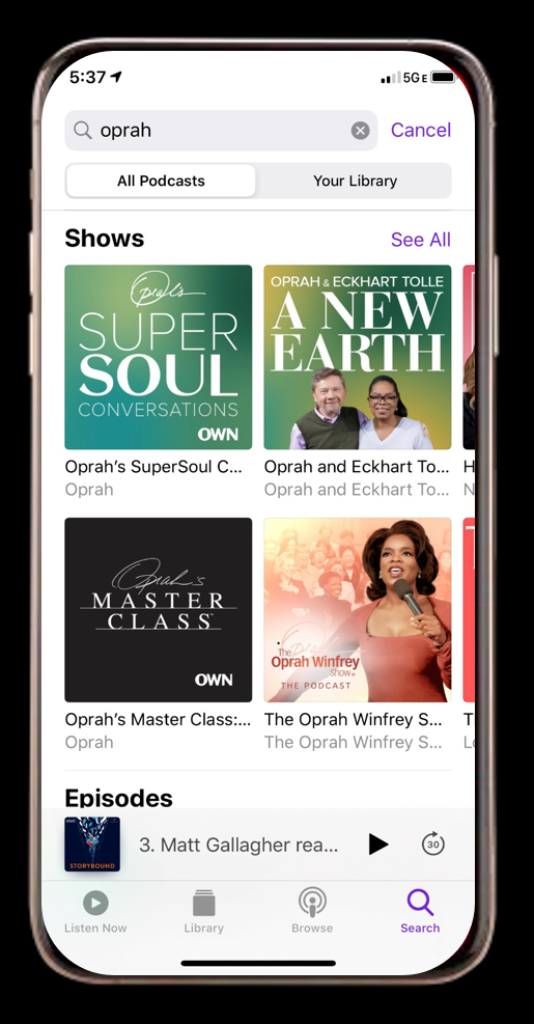 getting the word out to her millions of minions. A built-in fan base makes it exponentially simpler to spread the word about your podcasting ventures. A strong email club and an extensive social media presence are the conduit to driving awareness and downloads.
getting the word out to her millions of minions. A built-in fan base makes it exponentially simpler to spread the word about your podcasting ventures. A strong email club and an extensive social media presence are the conduit to driving awareness and downloads.
And a powerful personality brand helps, too. A simple search of “Oprah” on the iOS Podcasts app takes you right to where you want to go – the easily accessible list of on-demand audio from the iconic host. When you’re a “name,” spreading the word about your podcast is frictionless. But…
5. Not every celebrity can pull off podcasting – Talk to podcast producers in L.A. or New York and they’ll tell you its a feeding frenzy to see who can sign up the next big name. And the stars of films, TV, sports, and politics are all eyeing the podcasting platform as a way to build their brands – and line their pockets.
If it were only that simple. Not every celebrity should be doing a podcast period – just like not every radio personality should be on TV.
For radio companies looking at local celebrities as a way to build and grow a podcasting business, just focusing on the famous doesn’t always translate to shows worthy of anyone’s time.
Oprah’s wisdom in starting with repurposed content is also a way of learning what works – and what doesn’t. And that’s because…
6.. The data drives strategy – Learning which guests are strongest and which features and bits are stickiest provides a stronger foundation than a rating book. Studying the data also provides insights into the podcast product in ways that heretofore have been unavailable.
That’s essentially what the NPR One app has done with its metrics, showing how on-demand data informs on-air content. By studying how consumers listen to evergreen shows and segments, producers get smarter and more strategic with their constructs, timing, and execution.
7. Research is revealing….if podcasters have the courage to face it– Broadcast personalities – like Oprah – have been through the research regimen, time and time again. Focus groups, dial tests, Q scores, and a seemingly endless barrage of perceptual research can be painful – but informative.
Whether it’s Oprah or your morning show, on-air celebrities have simply become used to being evaluated above and beyond the ratings. And the very best can use research to hone and craft their performance, guests, and cast member to create more successful products. And that includes talking to fans, looking for ways to improve the experience and give loyalists what they want. After all, these are habitual consumers – the ones who will pay for a live performance, merch, celebrity cruises and other revenue generators.
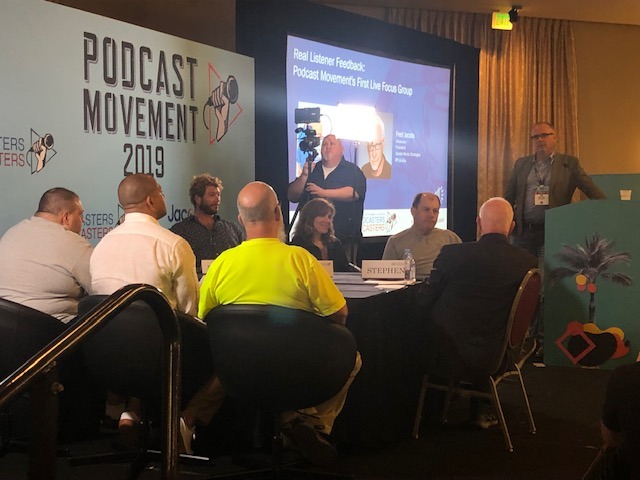
We conducted a live focus group at Podcast Movement last summer for “Stacking Benjamins” – a whimsical podcast about money and investing. Host Joe Saul-Sehy stood off to the side, concealed from a group of respondents who are his P1s. We brought him out to say hello to these folks at the end of the session.
The experience was eye-opening for Joe, a chance to go beyond download metrics to hear how his audience reacts to him, his sidekicks, and guests. Like many podcasts, “Stacking Benjamins” has benchmarks, and the focus group gave him a chance to hear the ones they like the most (and the least).
And Joe also got a sense for what might be next – theater appearances, merch, and all the other questions that are always floating around during team meetings.
Most podcasters haven’t been exposed to this evaluative aspect of content creation. And in a world where consumers have hundreds of thousands of podcasts to choose from, only the best will still be standing a year or two from now. Just about every producer or talent can benefit from a little “podcast sonar.” It’s how the product gets better.
7. Podcasters don’t have to watch the clock – Whether you’re talking up a song, back-timing to the top of the hour network news – or like Oprah, fitting an 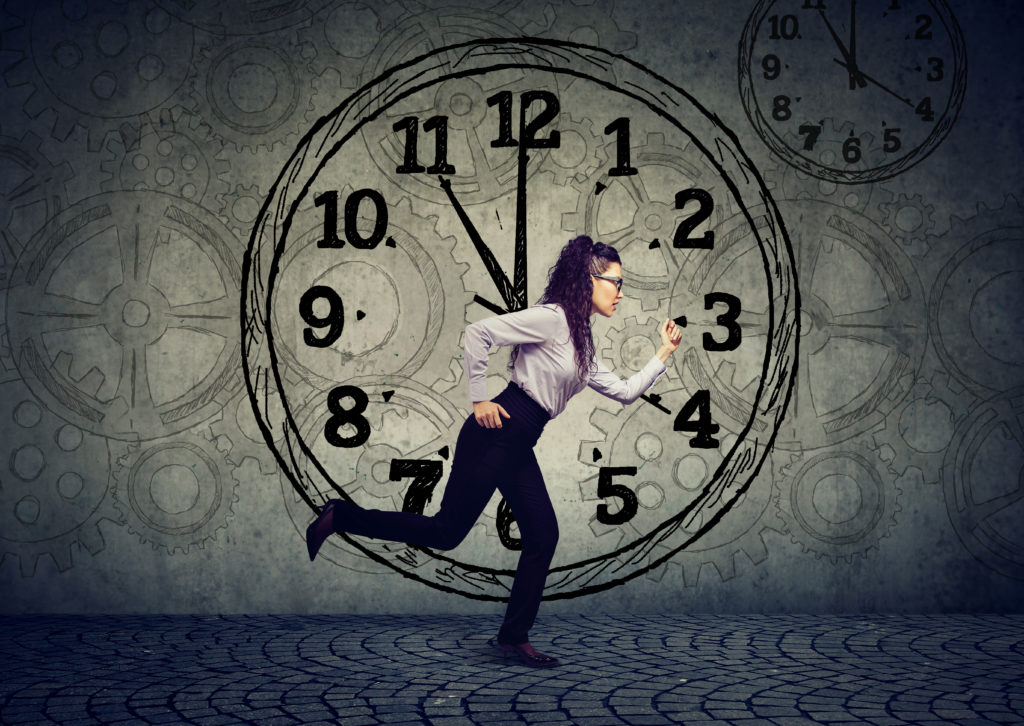 interview or a segment into a limited window of time – talent is almost always under pressure to tailor content to meet these restrictions. But in podcasting, they can breathe. And show a side we don’t normally get to see when they’re sitting in a radio studio or holding court on a TV set.
interview or a segment into a limited window of time – talent is almost always under pressure to tailor content to meet these restrictions. But in podcasting, they can breathe. And show a side we don’t normally get to see when they’re sitting in a radio studio or holding court on a TV set.
But not every personality wants to reveal that truth, much less be transparency. Truth be told, talent are often protective of their privacy for good reasons. But in the podcast format, listeners often have expectations they’re going to experience a different side of an idolized show or host. Give it to them.
8. Don’t mail it in – For broadcasters – whether we’re talking Oprah or your killer morning show – the podcast might seem like a “side hustle” – a secondary gig you work on when your main production is done. But most podcasts – the good ones, at least – are well-researched, well-planned, and smartly constructed. This is not the 5-6am hour. This is content that is shareable, accessible, and archived. It will be around for a long time. And those who download and listen to it deserve the same great experience they enjoy when they listen to a regular, linear show.
Just a few years ago, it might have been inconceivable to think highly visual personalities of the magnitude of Oprah, Will Ferrell, and other superstars would be gleefully producing on-demand audio. Now, the big stars are lined up to try their hands at audio.
For radio professionals who talk for a living, and have never needed visuals to make their points or crack their jokes, it would seem they’d have a leg-up in the podcasting arena.
But it sure wouldn’t hurt to follow the “Oprah Rules.”
- Media And Technology In 2025: Believe It Or Not! - April 18, 2025
- In Radio, You Just Never Know - April 17, 2025
- The Secret To Making A Great Podcast (And Great Radio) - April 16, 2025




All really good suggestions Fred. But one thing to keep in mind, for someone like Oprah, with her name recognition and rabid fans, let’s face it, she could f*rt into the mic and people would listen. One big problem with podcasts, is that because the barrier to entry is so low, it has created its own barrier to entry barrier. Unless you are famous or have really big name recognition, you get lost in the podcast graveyard. Radio’s traditional media advantage is something to take advantage of and use to break that barrier to entry.
Agree with all those comments (except for the Oprah farting part 🙂 ). Clearly, radio’s biggest personalities (regardless of market size, I believe) have the biggest advantage, and Oprah’s “best practices” resonate best with them. Thanks for the comments.
Mention “Oprah” and most will recognize her. Mention “Dave and Kim” or “Frank, Starlene and Hudson” and you’re more likely than not to get a blank stare. Oprah has the megaphone and decades of awareness. She has tons of content. I’m surprised she doesn’t have an “on demand” streaming channel. (Maybe she does.) What Oprah knows about podcasting? Probably nothing, but she has a staff of experts who are talented enough to repurpose her material, put it on a podcast platform and then market it. When you have content and awareness – you have success. That is a lesson that radio needs to keep in mind – and (in my opinion) work on delivering every day.
Excellent. Last line says it all. As a fan of yours, I know it’s something you always delivered on. Thanks, Dave.
Much appreciated, Dave. Thanks for reading our blog.
Dave, thanks for this. Oprah’s one of a kind – like Stern. But in a local market, there are personalities that matter….in some cases, a lot. How they can leverage their assets is the question, and while most don’t have super strong support staffs, there are often more resources than you think.